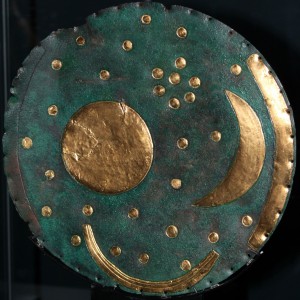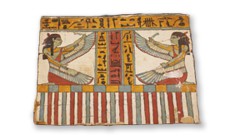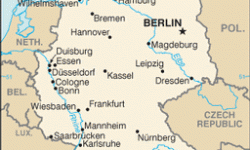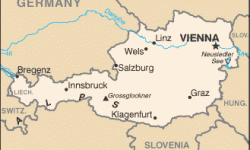Raubgräber
Author: Suzie Thomas
Last Modified: 10 Mar 2014

‘Raubgrabung’ means ‘illegal excavation’ in German (literally ‘robbery dig’), and ‘Raubgräber’ is a term used to refer to those excavating an archaeological site illegally, usually involving the use of a metal detector.
The term is used across Germany and Austria, although in the latter case most such metal detecting, especially if by non-archaeologists and those with only an amateur interest, is generally prohibited (Karl 2011: 114). It has also been suggested that some Raubgräber operating in Austria take advantage of their environment to avoid discovery, for example searching in areas of sparse population or heavy woodland (Szemethy 2004: 160).
A more neutral term ‘Metallsucher’, literally ‘metal searcher’, can also be used, which would refer to metal-detector users without implying any illegal activity (Karl, pers. comm.) given the more illicit implications of Raubgräber. Alternatively, ‘Sondengänger’ (Claus 2006: 171) or ‘Sondengeher’ (literally ‘someone walking with a detector’) are also terms for metal-detector users who are not necessarily searching illegally.
Equipment used by Raubgräber can vary, but can often include metal detectors, folding spades, topographical maps and GPS devices (Laufer 2006: 155). As with treasure hunters in other countries and regions, these ‘Schatzsucher’ (literally ‘treasure seekers’) also often produce their own guide books (Schönleber 2008: 199), and dedicated websites including advice and guidance (von Kaenel 2004: 153).
Perhaps the most well-known case of an illegally-retrieved cultural object discovered by metal detector using treasure hunters in Germany is the Nebra Sky Disc; ‘die Himmelscheibe von Nebra’ (Brunecker 2008: 21-23)
References
Brunecker, Frank (2008), ‘Faszination Schatzsuche: von Ausgräben und Raubgräben’, in Frank Brunecker (ed.), Raubgräber, Schatzgräber (Stuttgart: Theiss), 14-39.
Claus, Thomas (2006), ‘Schatzsucher – das Geschäft mit der Vergangenheit Recherchen in Problemfeld illegaler Archäologie’, Archäologisches Nachrichtenblatt, 11 (2), 158-72.
Karl, Raimund (2011), ‘On the Highway to Hell: Thoughts on the Unintended consequences for Portable Antiquities of S 11(1) Austrian Denkmalschutzgesetz’, The Historic Environment Policy and Practice, 2 (2), 111-33.
Laufer, Eckhard (2006), ‘Tatort Bodendenkmal: Polizeiliches Einschreiten gegen Raubgraeber in Hessen’, Archaeologisches Nachrichtenblatt, 11 (2), 152-57.
Schönleber, Wolfgang (2008), ‘Das Phänomen ‘Raubgräberei’: Probleme der Strafverfolgung’, in Frank Brunecker (ed.), Raubgräber, Schatzgräber (Stuttgart: Theiss), 198-209.
Szemethy, Hubert D. (2004), ‘Zur Situation der ‘illegalen Archäologie’ in Österreich’, in Wolf-Dieter Heilmeyer and J. Cordelia Eule (eds.), Illegale Archäologie? (Berlin: Weißensee Verlag), 157-64.
von Kaenel, Hans-Markus (2004), ‘Aktuelle Diskussionen in der Bundesrepublik Deutschland’, in Wolf-Dieter Heilmeyer and J. Cordelia Eule (eds.), Illegale Archäologie? (Berlin: Weißensee Verlag), 149-56.


